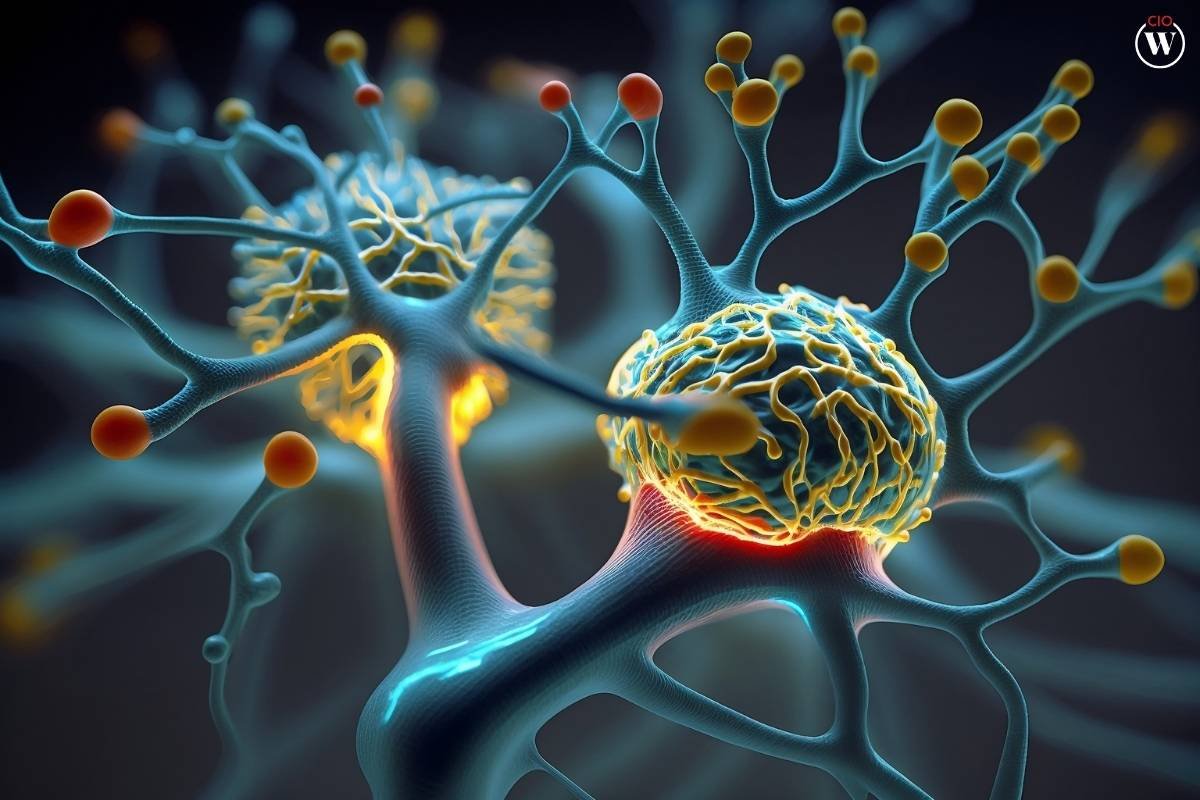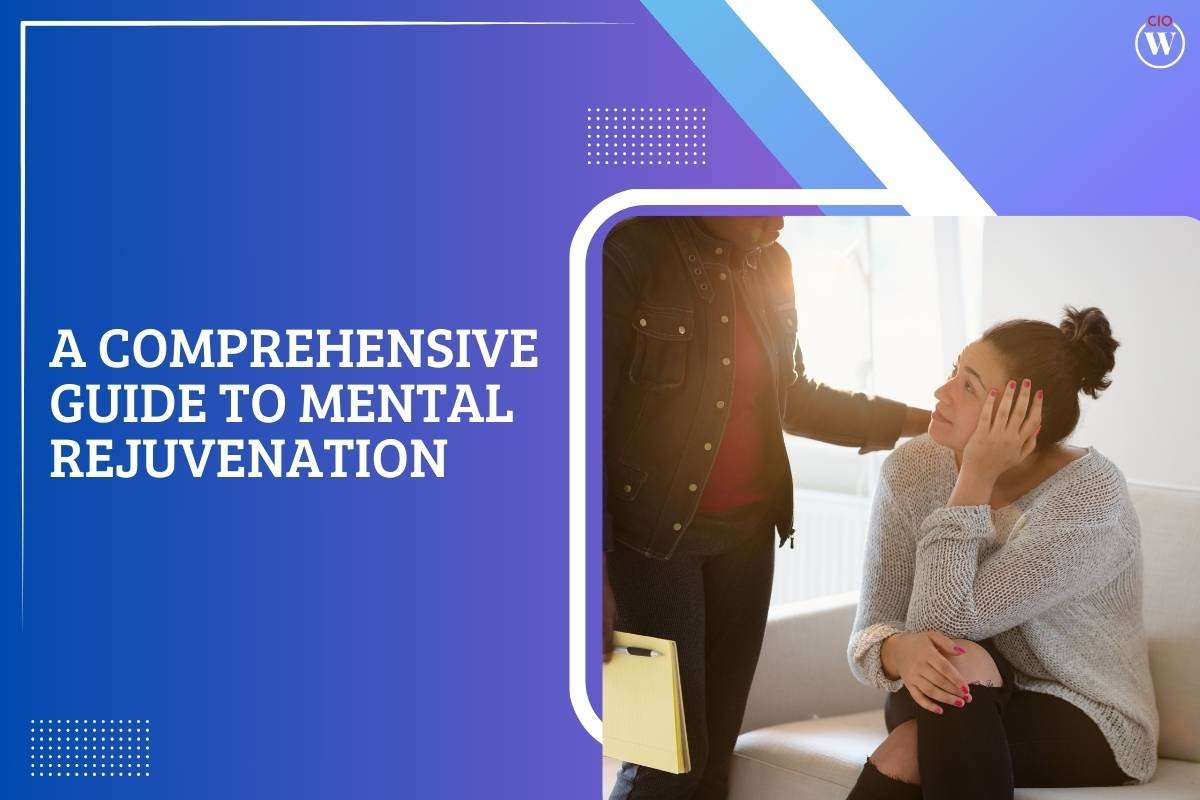In our fast-paced world, mental rejuvenation is more important than ever. We often find ourselves overwhelmed by the demands of daily life, leading to stress, burnout, and a decline in overall mental health. Fortunately, rejuvenation offers a path to refreshing our minds and improving our well-being. This guide will explore the concept of mental rejuvenation, its benefits, and practical strategies to achieve it.
What is Mental Rejuvenation?
Mental rejuvenation refers to the process of restoring and revitalizing the mind. It involves activities and practices that help reduce stress, improve cognitive function, and enhance emotional well-being. Just as our bodies need rest and recovery, our minds also require regular rejuvenation to function optimally.
The Importance of Mental Rejuvenation
Mental rejuvenation is crucial for maintaining a healthy balance in life. Here are some key reasons why it matters:
- Reduces Stress and Anxiety: Regular mental rejuvenation practices can help lower stress levels and manage anxiety, leading to a calmer and more relaxed state of mind.
- Enhances Cognitive Function: Rejuvenating the mind improves concentration, memory, and overall cognitive performance, which is essential for productivity and learning.
- Boosts Emotional Well-being: A refreshed mind contributes to better mood regulation, increased happiness, and a more positive outlook on life.
- Prevents Burnout: Taking time to rejuvenate mentally can prevent burnout, a state of chronic stress that can lead to physical and emotional exhaustion.
Strategies for Mental Rejuvenation
There are numerous ways to achieve mental rejuvenation. Here are some effective strategies:
1. Mindfulness Meditation

Mindfulness meditation is a powerful tool for mental rejuvenation. It involves focusing on the present moment and accepting it without judgment. This practice helps reduce stress, improve focus, and enhance emotional regulation.
How to Practice Mindfulness Meditation:
- Find a quiet place and sit comfortably.
- Close your eyes and take deep breaths.
- Focus on your breath and observe your thoughts without getting attached to them.
- Practice for at least 10 minutes daily.
2. Physical Exercise
Regular physical activity is not only beneficial for the body but also for the mind. Exercise releases endorphins, which are natural mood lifters. It also reduces stress hormones and promotes better sleep.
Types of Exercise for Mental Rejuvenation:
- Aerobic exercises like running, swimming, or cycling.
- Strength training with weights or resistance bands.
- Mind-body exercises like yoga or tai chi.
3. Adequate Sleep
Sleep is essential for mental rejuvenation. During sleep, the brain processes information, consolidates memories, and clears out toxins. Poor sleep can lead to cognitive decline and emotional instability.
Tips for Better Sleep:
- Maintain a consistent sleep schedule.
- Create a restful sleep environment.
- Avoid caffeine and electronics before bedtime.
- Practice relaxation techniques like reading or taking a warm bath.
4. Healthy Diet
A balanced diet plays a significant role in mental rejuvenation. Nutrient-rich foods provide the energy and nutrients needed for optimal brain function.
Foods that Promote Mental Rejuvenation:
- Omega-3 fatty acids found in fish, flaxseeds, and walnuts.
- Antioxidants from fruits and vegetables like berries, spinach, and kale.
- Whole grains for sustained energy levels.
- Hydration through plenty of water and herbal teas.
5. Social Connections
Human beings are social creatures, and strong social connections are vital for mental rejuvenation. Positive interactions with friends and family can reduce stress and increase feelings of happiness and belonging.
Ways to Foster Social Connections:
- Schedule regular catch-ups with friends and family.
- Join clubs or groups with shared interests.
- Volunteer for community activities.
- Engage in social activities like game nights or book clubs.
6. Hobbies and Creative Activities
Engaging in hobbies and creative activities is an excellent way to rejuvenate the mind. These activities provide a break from routine tasks and stimulate different areas of the brain.
Examples of Hobbies for Mental Rejuvenation:
- Painting, drawing, or crafting.
- Playing a musical instrument or singing.
- Gardening or nature walks.
- Reading books or writing.
7. Digital Detox
In the digital age, we are constantly bombarded with information from screens. A digital detox can help reduce mental fatigue and improve focus.
Steps for a Digital Detox:
- Set specific times to check emails and social media.
- Turn off notifications for non-essential apps.
- Spend time outdoors without digital devices.
- Engage in screen-free activities like board games or puzzles.
The Science Behind Mental Rejuvenation
Understanding the science behind mental rejuvenation can motivate us to prioritize it in our lives. Here’s a look at how some of these strategies work at a biological level:
Neuroplasticity
The brain has an incredible ability to reorganize itself by forming new neural connections, a phenomenon known as neuroplasticity. Activities that challenge the brain, such as learning a new skill or engaging in creative tasks, promote neuroplasticity and contribute to mental rejuvenation.
Hormonal Balance
Stress management practices like mindfulness and exercise help balance hormones such as cortisol and adrenaline. Lower levels of these stress hormones lead to a calmer mind and reduced anxiety.
Neurotransmitters

Physical exercise and social interactions boost the production of neurotransmitters like serotonin and dopamine, which are associated with feelings of happiness and well-being. These neurotransmitters play a crucial role in mental rejuvenation by enhancing mood and motivation.
Brain-derived neurotrophic Factor (BDNF)
BDNF is a protein that supports the survival of existing neurons and encourages the growth of new neurons and synapses. Exercise and a healthy diet can increase BDNF levels, promoting brain health and mental rejuvenation.
Incorporating Mental Rejuvenation into Daily Life
To make mental rejuvenation a consistent part of your life, it’s important to incorporate these strategies into your daily routine. Here are some tips to get started:
Set Realistic Goals
Start with small, achievable goals. For example, commit to 10 minutes of mindfulness meditation each day or a 30-minute walk three times a week. Gradually increase the time and frequency as you become more comfortable with these practices.
Create a Routine
Establishing a daily routine that includes time for mental rejuvenation can help make these activities a habit. Schedule them into your day just as you would any other important task.
Be Mindful of Your Environment
Your environment can significantly impact your mental state. Create a space that promotes relaxation and focus. This could be a clutter-free workspace, a cozy reading nook, or a peaceful garden.
Prioritize Self-Care

Self-care is essential for mental rejuvenation. Make time for activities that you enjoy and that make you feel good. This could be as simple as taking a long bath, enjoying a cup of tea, or spending time in nature.
Practice Gratitude
Gratitude is a powerful tool for mental rejuvenation. Regularly reflecting on the things you are grateful for can shift your focus from stress and negativity to positivity and contentment.
Seek Professional Help if Needed
If you find it difficult to manage stress or achieve mental rejuvenation on your own, don’t hesitate to seek professional help. Therapists and counselors can provide valuable guidance and support.
Conclusion
Mental rejuvenation is not a luxury but a necessity in our hectic lives. By incorporating practices such as mindfulness meditation, physical exercise, adequate sleep, a healthy diet, social connections, hobbies, and digital detoxes, we can achieve a refreshed and revitalized mind. Understanding the science behind these strategies can further motivate us to prioritize rejuvenation. Remember, taking care of your mind is just as important as taking care of your body. Start today and make rejuvenation a regular part of your life.








